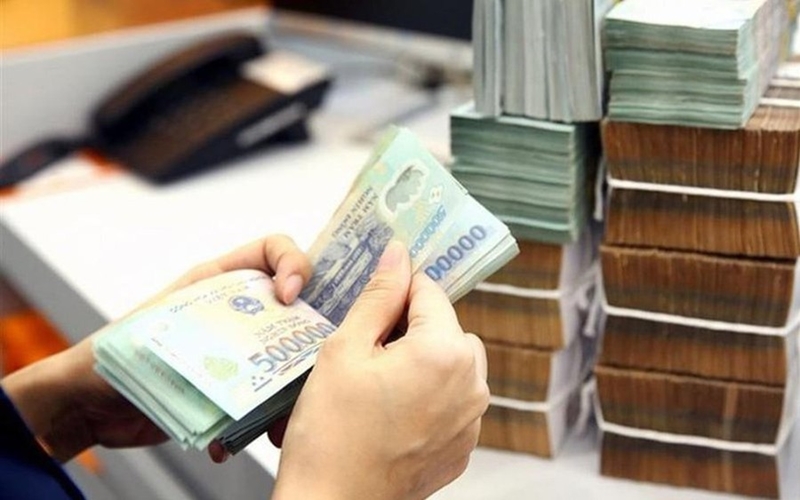 |
| From July 1, 2024, the basic salary will be 2.34 million VND/month instead of the current 1.8 million VND/month (Illustration photo) |
The Government issued Decree 73/2024/ND-CP dated June 30, 2024 stipulating the basic salary and bonus regime for cadres, civil servants, public employees and armed forces.
Accordingly, from July 1, 2024, the basic salary will be 2.34 million VND/month instead of the current 1.8 million VND/month.
This Decree stipulates the basic salary applicable to salary earners, allowances and bonus regimes applicable to salary earners working in agencies, organizations and public service units of the Party, the State, the Vietnam Fatherland Front, socio -political organizations and associations receiving state budget support for operating expenses (hereinafter referred to as agencies and units) at the central level, in provinces and centrally run cities (provincial level), in districts, towns, provincial cities, and centrally run cities (district level), in communes, wards and towns (commune level), in special administrative-economic units and the armed forces.
The Decree clearly states that people receiving salaries and allowances apply the basic salary level prescribed in this Decree, including:
1- Cadres and civil servants from central to district level as prescribed in Clause 1 and Clause 2, Article 4 of the Law on Cadres and Civil Servants 2008 (amended and supplemented in the Law amending and supplementing a number of articles of the Law on Cadres and Civil Servants and the Law on Public Employees 2019).
2- Commune-level cadres and civil servants specified in Clause 3, Article 4 of the Law on Cadres and Civil Servants 2008 (amended and supplemented in the Law amending and supplementing a number of articles of the Law on Cadres and Civil Servants and the Law on Public Employees 2019).
3- Civil servants in public service units as prescribed in the Law on Civil Servants 2010 (amended and supplemented in the Law amending and supplementing a number of articles of the Law on Cadres, Civil Servants and the Law on Civil Servants 2019).
4- People working under the labor contract regime prescribed in Decree No. 111/2022/ND-CP dated December 30, 2022 of the Government on contracts for certain types of work in administrative agencies and public service units in cases where it is applicable or there is an agreement in the labor contract to apply salary classification according to Decree No. 204/2004/ND-CP dated December 14, 2004 of the Government on salary regime for cadres, civil servants, public employees and armed forces.
5- Employees working within the staffing quota at associations are supported by the state budget for operating expenses according to the provisions of Decree No. 45/2010/ND-CP dated April 21, 2010 of the Government regulating the organization, operation and management of associations (amended and supplemented in Decree No. 33/2012/ND-CP dated April 13, 2012 of the Government).
6- Officers, professional soldiers, workers, defense officials and contract workers of the Vietnam People's Army.
7- Officers, non-commissioned officers receiving salary, police workers and contract workers of the People's Public Security.
8- People working in key organizations.
9- Non-commissioned officers and soldiers of the Vietnam People's Army; non-commissioned officers and conscripts of the People's Public Security;
10- Non-professional activists at commune, village and residential group levels.
From July 1, 2024, the basic salary is 2.34 million VND/month
The Decree clearly states that the basic salary is used as the basis for calculating salary levels in salary tables, allowance levels and implementing other regimes according to the provisions of law for the above-mentioned subjects; calculating operating expenses and living expenses according to the provisions of law; calculating deductions and regimes enjoyed according to the basic salary level.
For agencies and units that are applying special financial and income mechanisms at the central level: Retain the difference between the salary and additional income in June 2024 of cadres, civil servants and public employees with the salary from July 1, 2024 after amending or abolishing the special financial and income mechanisms. During the period when these mechanisms have not been amended or abolished, the monthly salary and additional income will be calculated according to the basic salary level of VND 2,340,000/month according to the special mechanism from July 1, 2024, ensuring that it does not exceed the salary and additional income received in June 2024 (excluding the salary and additional income due to the adjustment of the salary coefficient of the salary scale and grade when upgrading the grade or grade). In case of calculation according to the above principle, if the salary and income increase from July 1, 2024 according to the special mechanism is lower than the salary according to general regulations, the salary regime according to general regulations will be implemented.
The Government adjusts the basic salary after reporting to the National Assembly for consideration and decision in accordance with the state budget capacity, consumer price index and economic growth rate of the country.
Implementation costs
The Decree clearly states that ministries, ministerial-level agencies, government agencies, and other central agencies:
1- Use 10% of the regular expenditure savings (excluding salaries, salary allowances, salary-related expenses and human expenses according to the regime) in the 2024 budget, which is increased compared to the 2023 budget assigned by the competent authority.
2- Use at least 40% of the revenue retained according to the 2024 regime after deducting costs directly related to service provision and fee collection activities.
As for revenue from providing medical examination, treatment, preventive medicine and other medical services of public health facilities, use at least 35% after deducting costs directly related to service provision and fee collection activities.
3- Use unused resources to implement salary reform in 2023 to carry over (if any).
Provinces and centrally-run cities:
1- Use 10% of the regular expenditure savings (excluding salaries, salary allowances, salary-related expenses and human expenses according to the regime) in the 2024 budget, which is increased compared to the 2023 budget assigned by the competent authority.
2- Use 10% of regular expenditure savings (excluding salaries, salary allowances, salary-related expenses and human expenses according to the regime) in the 2023 budget assigned by competent authorities.
3- Use 50% of the increase in local budget revenue estimated for 2024 compared to the estimate for 2023 assigned by the Prime Minister (excluding: land use fees; lottery; revenue from equitization and divestment of state-owned enterprises managed by localities; one-time land rent advanced by investors for compensation, site clearance and revenue from handling public assets at agencies, organizations and units decided by competent authorities to be used for investment expenditures according to regulations; revenue from protection and development of rice-growing land; fees for visiting relic sites and world heritage sites; fees for using infrastructure works, service works, public utilities in border gate areas; environmental protection fees for mineral exploitation; environmental protection fees for wastewater; revenue from public land funds, revenue from profits, public assets at communes and revenue from leasing, hire-purchase, and sale of state-owned houses).
4- Use 70% of the increase in local budget revenue in 2023 compared to the estimate assigned by the Prime Minister (excluding: land use fees; lottery; revenue from equitization and divestment of state-owned enterprises managed by localities; one-time land rent advanced by investors for compensation, site clearance and revenue from handling public assets at agencies, organizations and units decided by competent authorities to be used for investment expenditures according to regulations; revenue from protection and development of rice-growing land; fees for visiting relic sites and world heritage sites; fees for using infrastructure works, service works, public utilities in border gate areas; environmental protection fees for mineral exploitation; environmental protection fees for wastewater; revenue from public land funds, revenue from profits, public assets at communes and revenue from leasing, hire-purchase, and sale of state-owned houses).
5- Use unused resources to implement salary reform in 2023 to carry over (if any).
6- Use at least 40% of the revenue retained under the 2024 regime after deducting costs directly related to service provision and fee collection. Particularly for revenue from the provision of medical examination and treatment services, preventive medicine and other medical services of public health facilities, use at least 35%.
The Decree clearly states that the central budget will supplement the remaining funding source due to the adjustment of the basic salary level and the implementation of the 2024 bonus regime for ministries, ministerial-level agencies, government agencies, other central agencies and provinces and centrally run cities after implementing the above regulations.
The budget for implementing salary reform and implementing the bonus regime for civil servants and employees in public service units of groups 1 and 2 shall be self-guaranteed by the units according to the provisions of Decree No. 60/2021/ND-CP dated June 21, 2021 of the Government stipulating the financial autonomy mechanism of public service units and documents amending, supplementing and replacing Decree No. 60/2021/ND-CP (if any).
This Decree comes into force from July 1, 2024.
Source: https://dangcongsan.vn/thoi-su/quy-dinh-muc-luong-co-so-va-che-do-tien-thuong-doi-voi-can-bo-cong-chuc-vien-chuc-va-luc-luong-vu-trang-671451.html


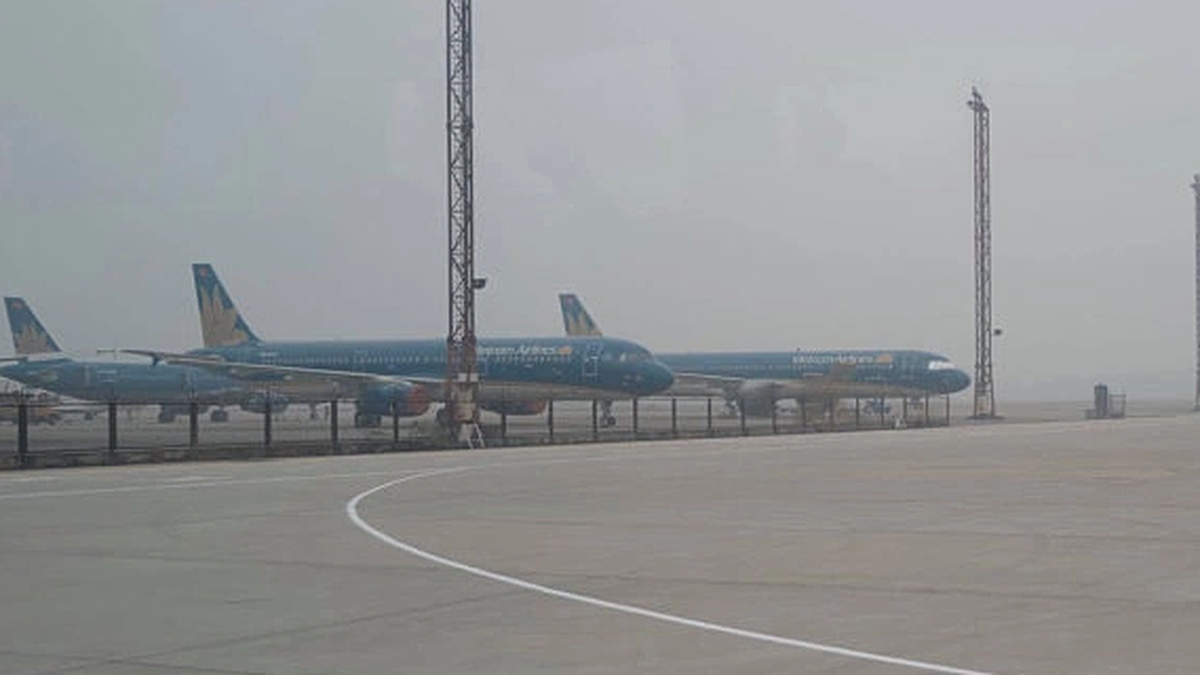

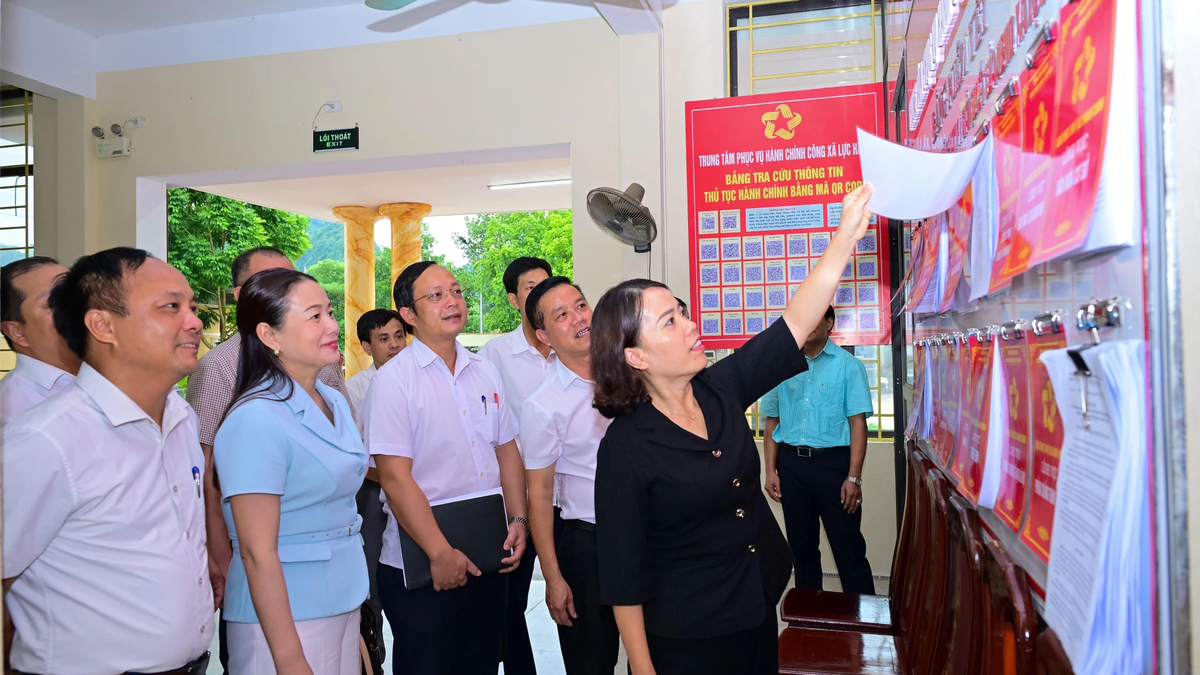
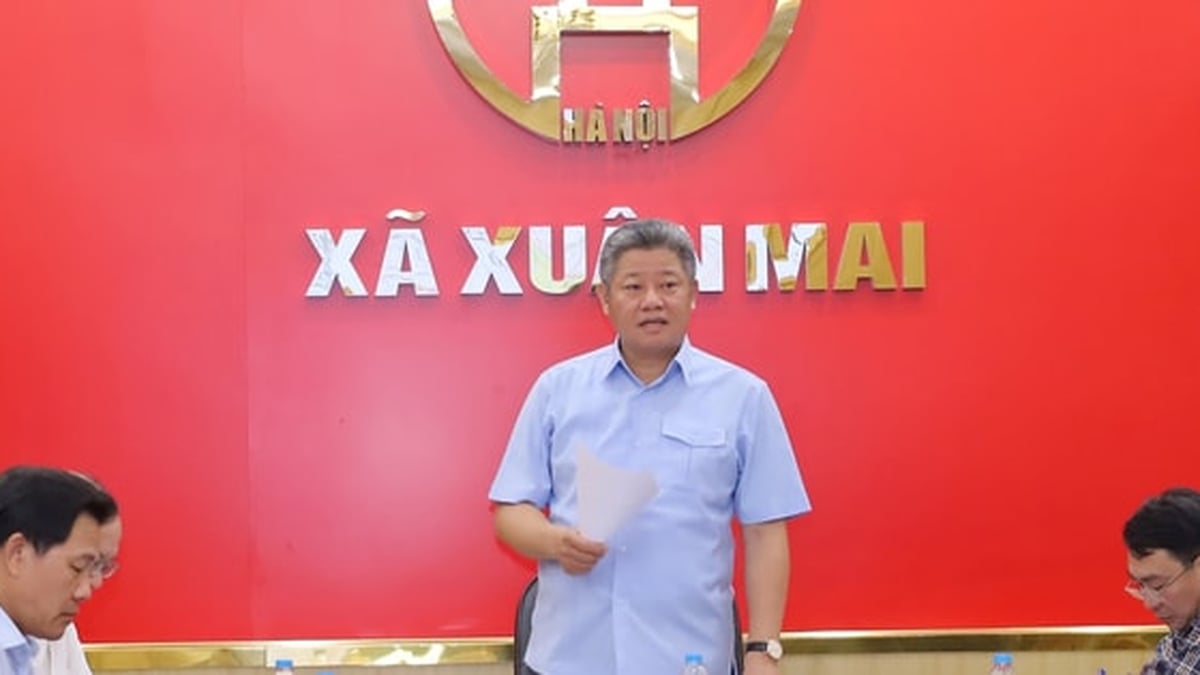
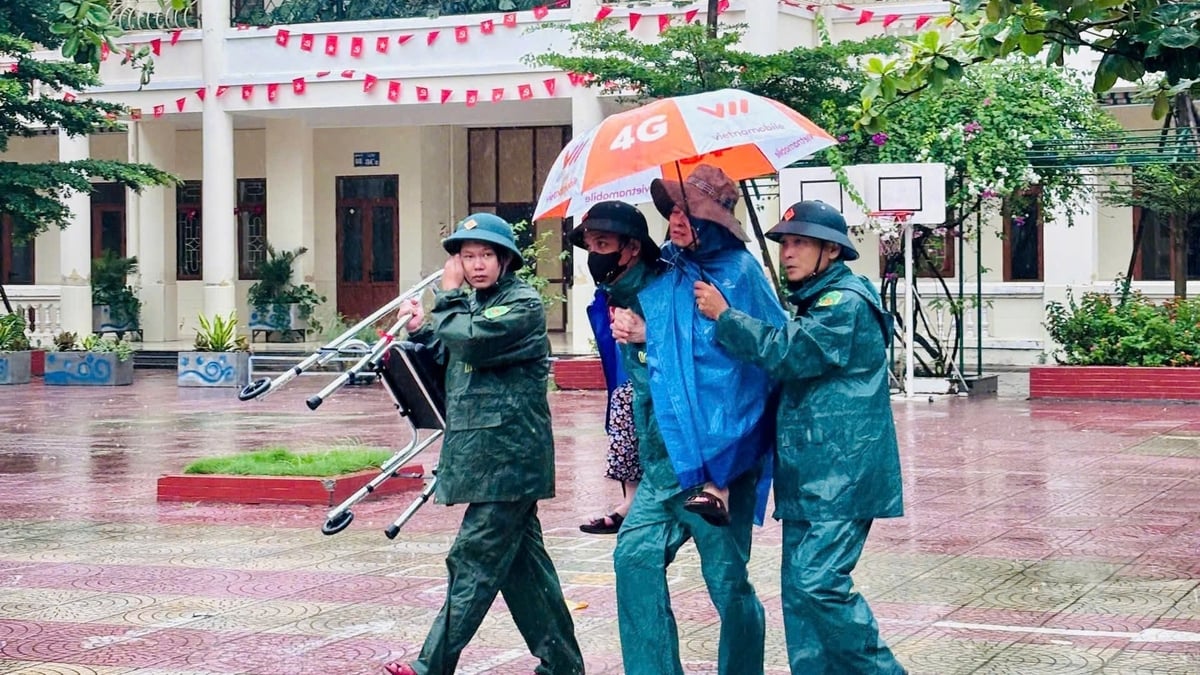
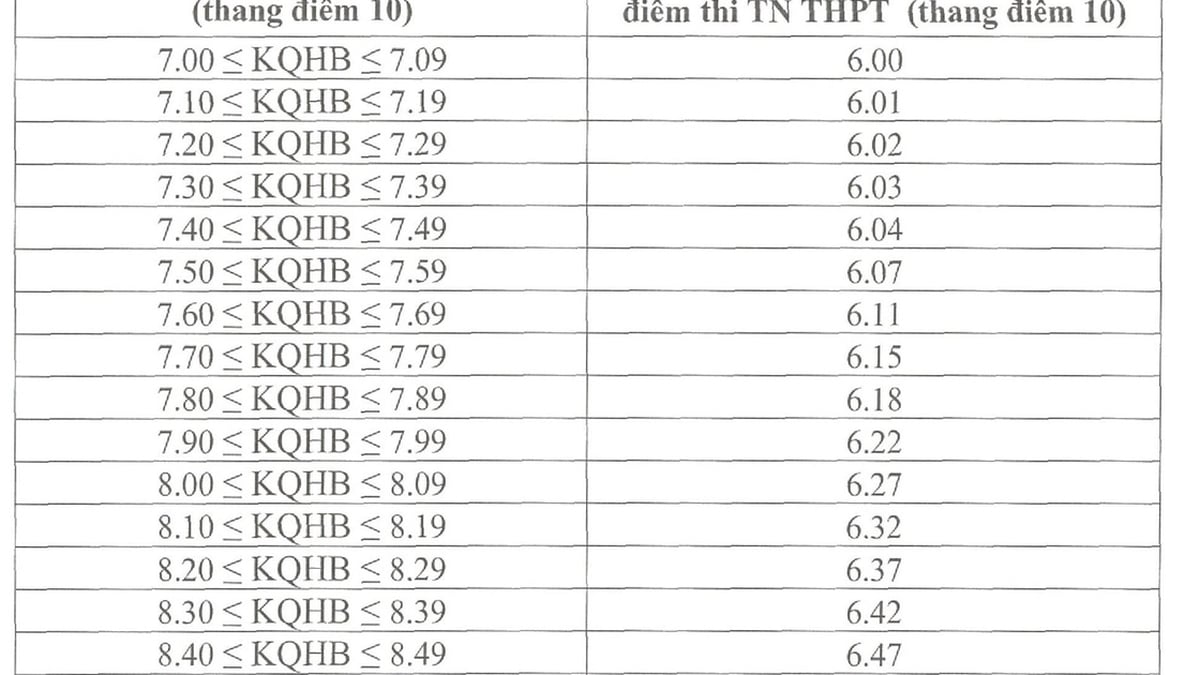



















![[Photo] National Assembly Chairman Tran Thanh Man visits Vietnamese Heroic Mother Ta Thi Tran](https://vphoto.vietnam.vn/thumb/1200x675/vietnam/resource/IMAGE/2025/7/20/765c0bd057dd44ad83ab89fe0255b783)










































































Comment (0)